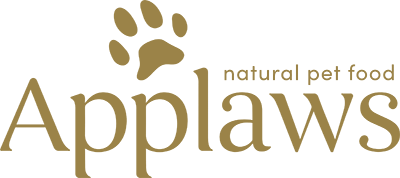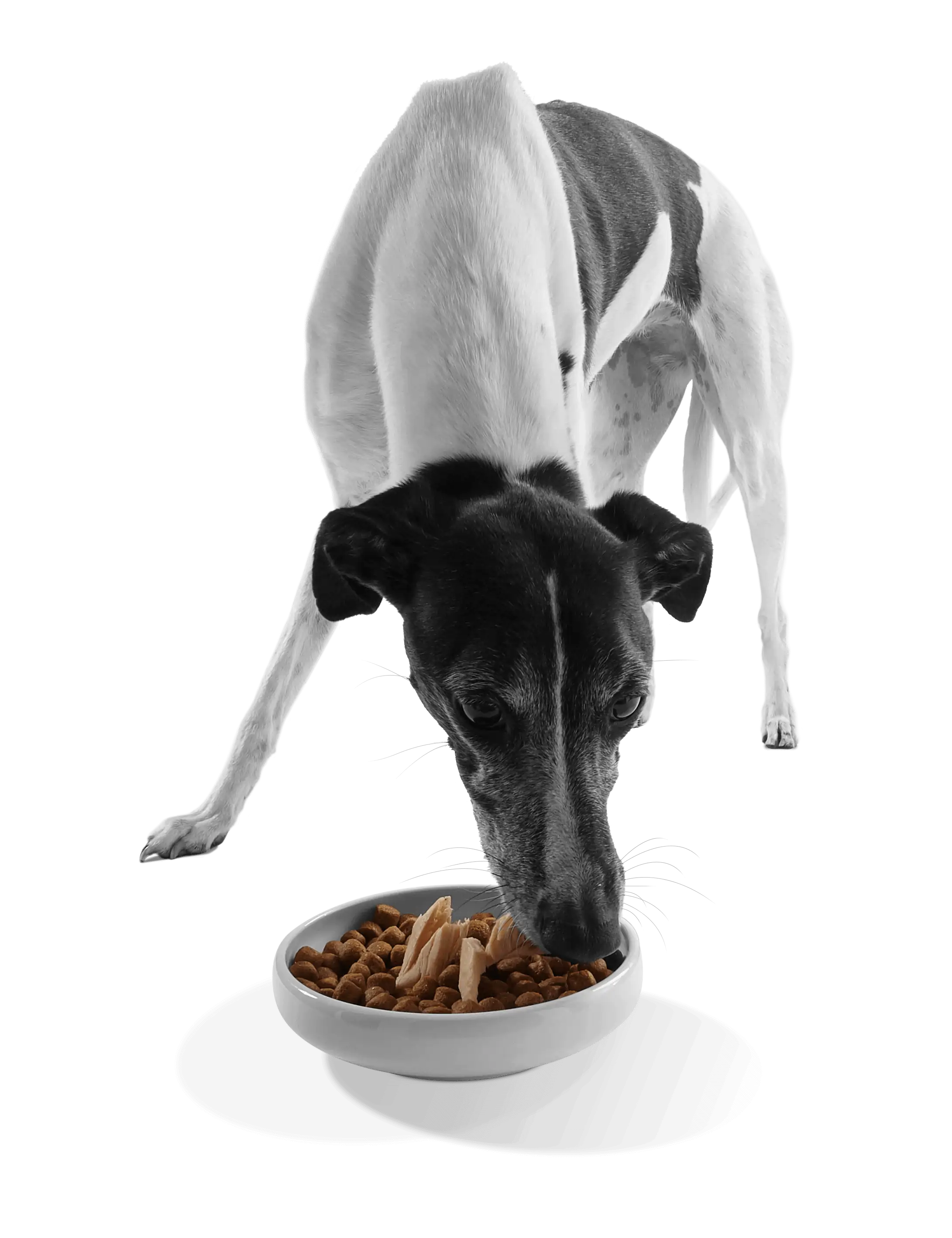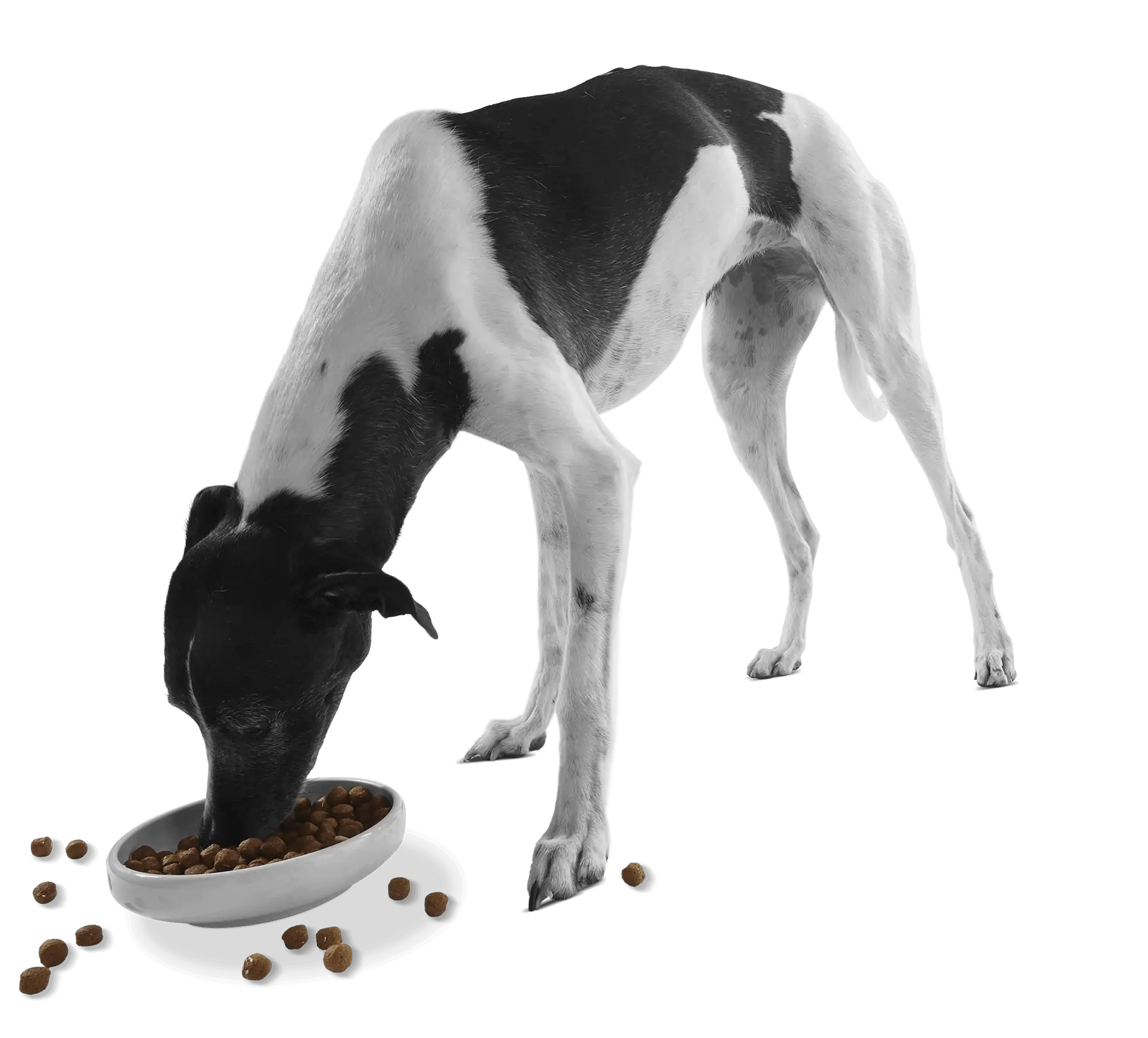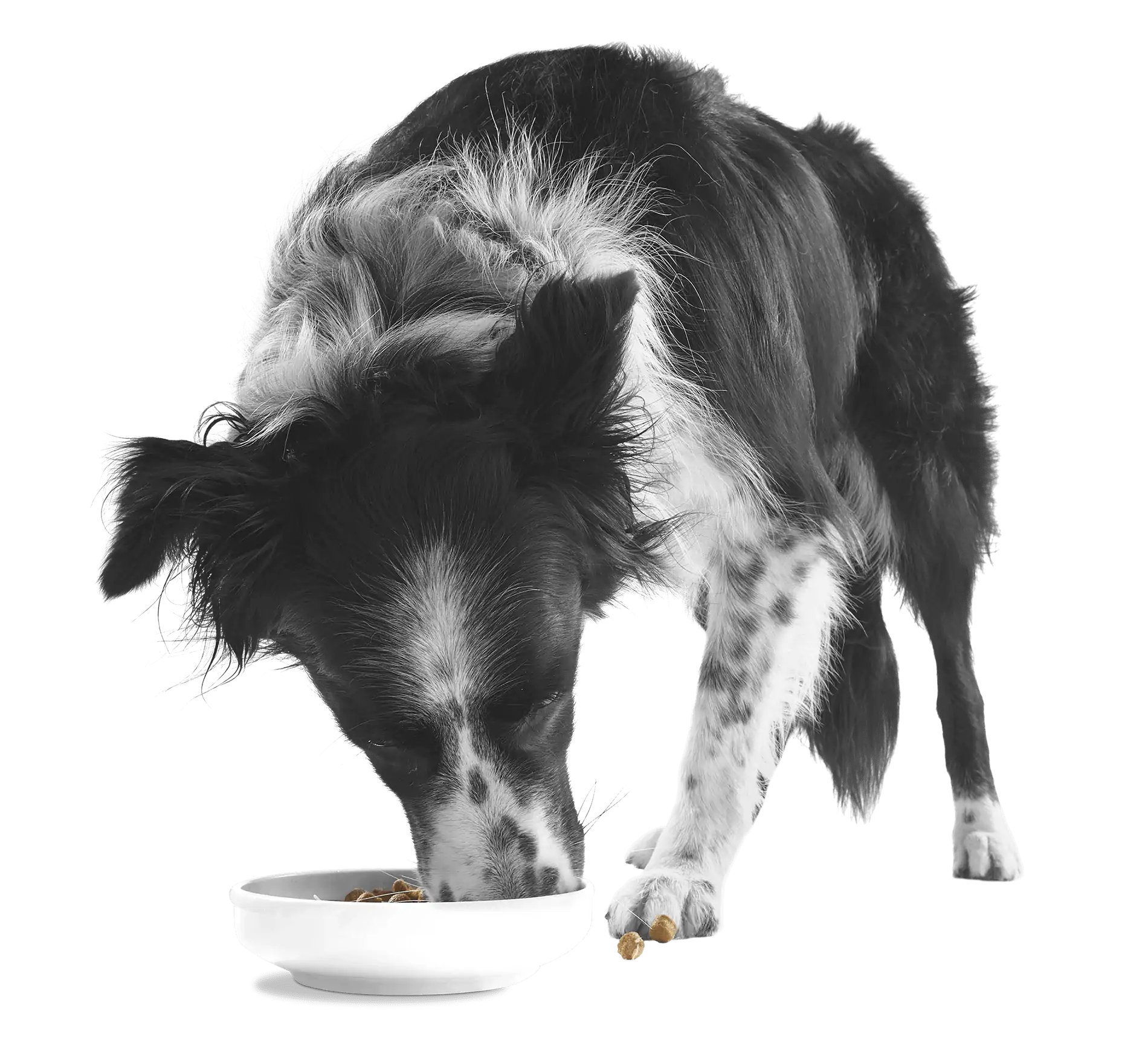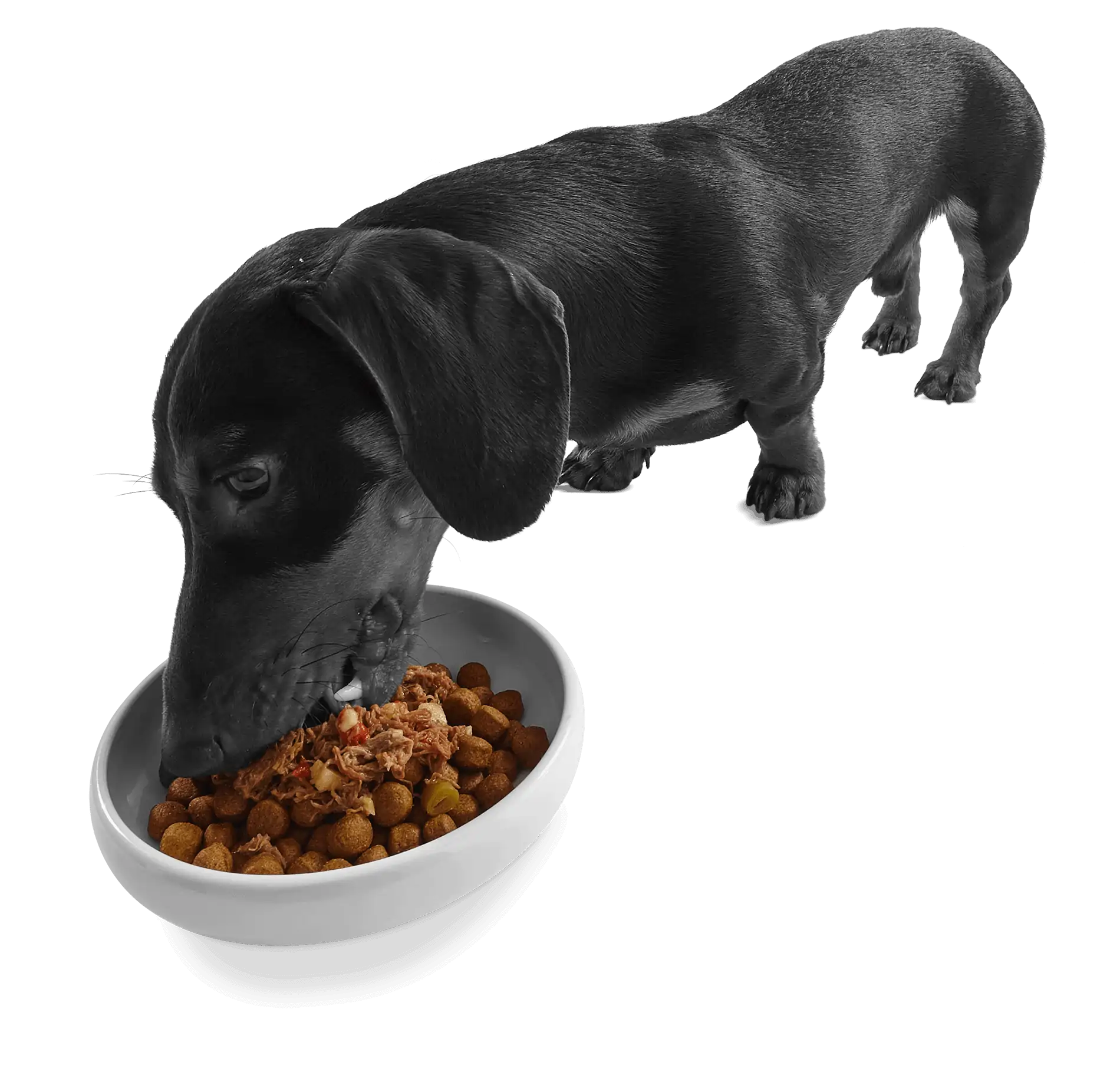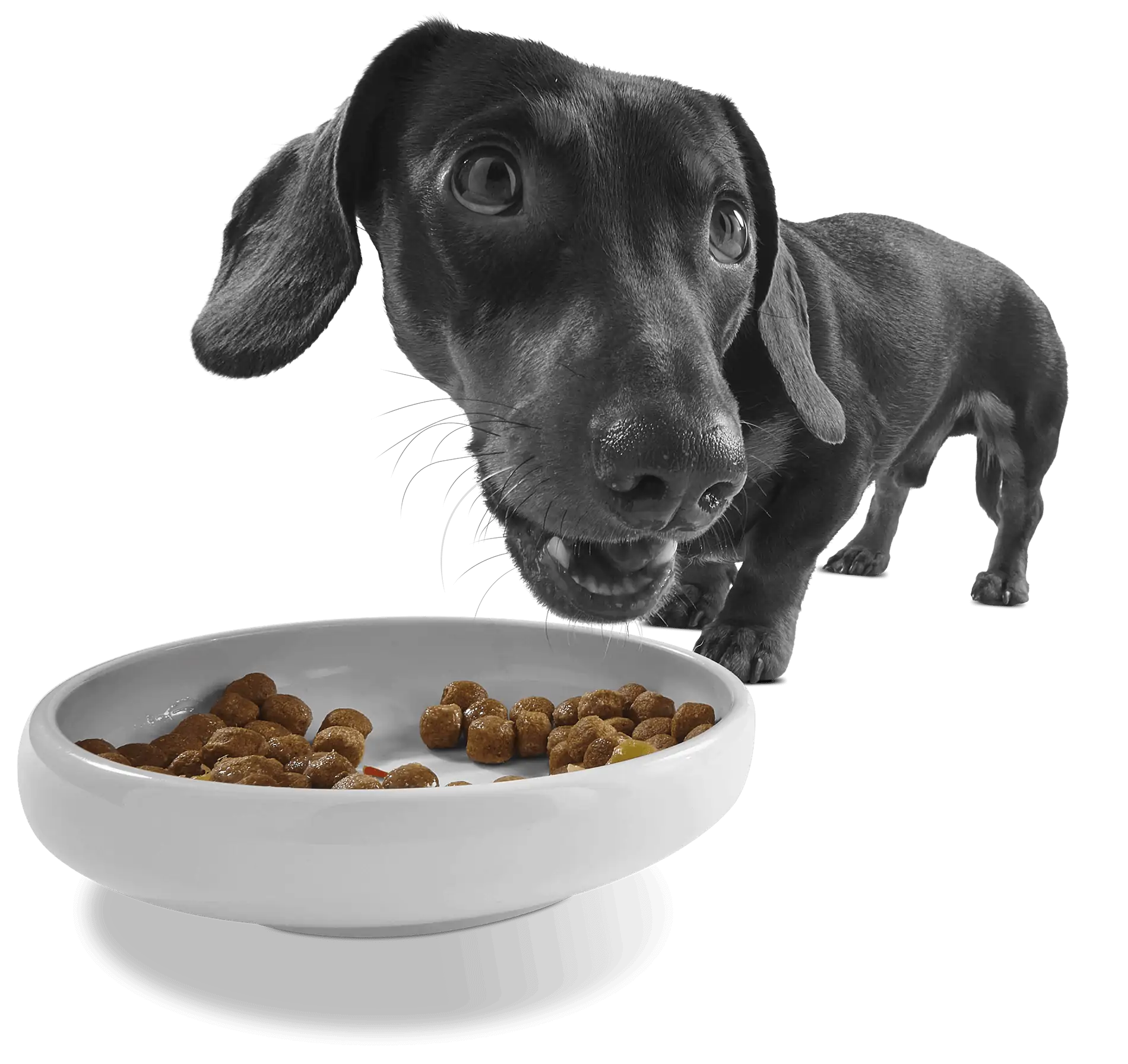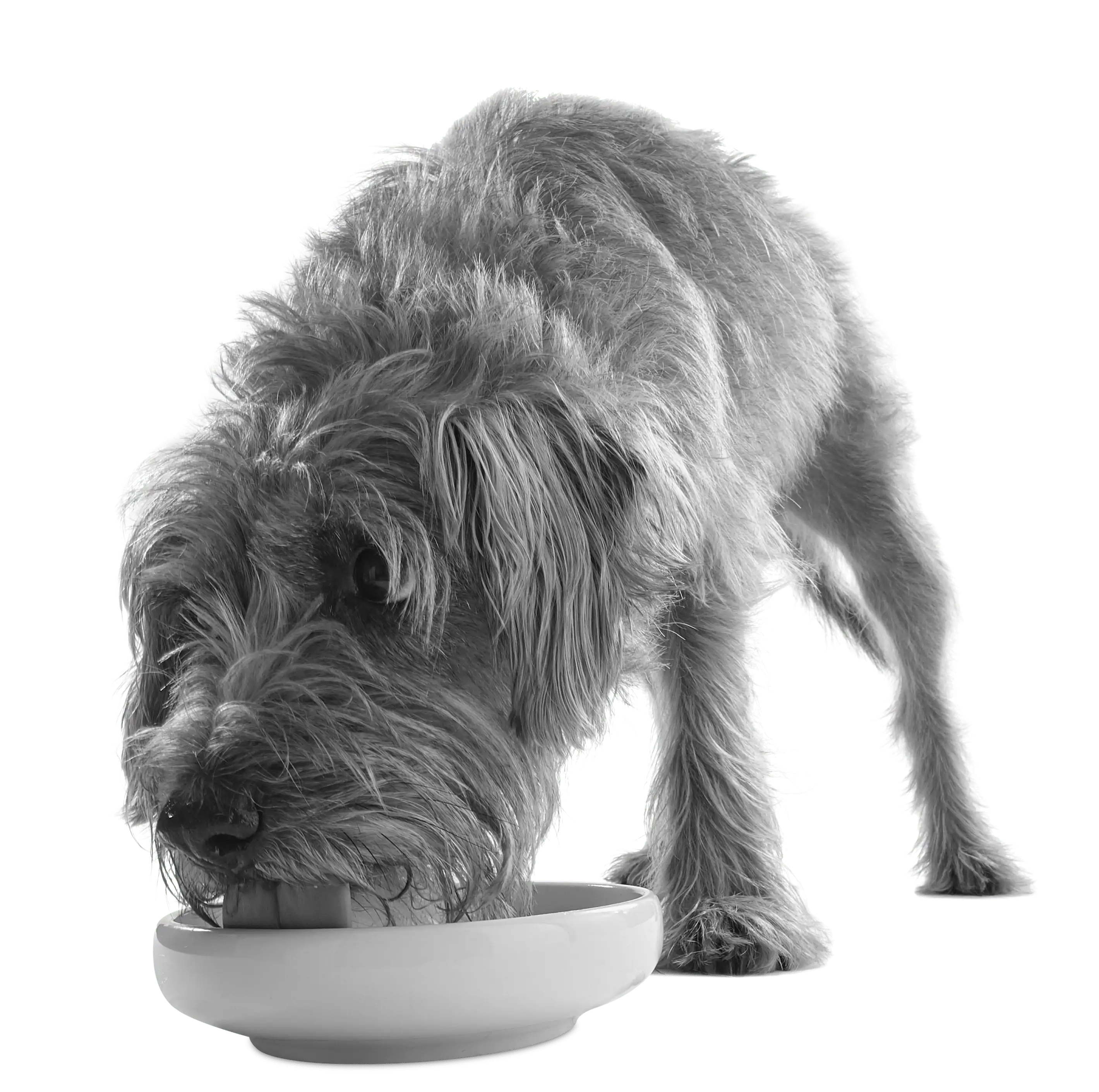You wouldn’t cry over spilt milk – unless you’re a dog and you’ve just witnessed all that nutritional plant-based yumminess go to waste!
At a first glance, you’d be forgiven for thinking that traditional cow’s milk is a pet parents’ go-to source of scrumptiousness for their pups.
However, a large number of dogs lack the enzyme that breaks down the lactose in dairy products, meaning they have difficulty digesting milk.
So before loading your four-legged fur baby with gastrointestinal problems, it’s worth exploring alternative options.
Oat, soy and almond milk are all possible alternatives, but before making a decision on which dairy substitute might be best for your furry friend, let us give you a bit more information.
Do traditional milk alternatives hold any nutritional value for a dog?
Pet parents just want to do what is best for their pup.
They would go to the ends of the earth to preserve their best friend’s happiness, health and well-being.
If your dog is lactose intolerant – and therefore unable to take in traditional cow’s milk – then alternative options can be sought.
These plant-based variants aren’t as nutritionally enriched as regular milk, but they do possess qualities that are beneficial for your beautiful barker.
Plant-based milk – extracted primarily from plants like almond, coconut, soy, hemp and oat – is lower in fat and sugar content, which reduces the risk of weight gain and diabetes, though it’s also lower in calcium and protein.
Traditional milk alternatives can be a good source of vitamins and minerals, while certain options are also high in fibre.
However, each type of plant-based milk will carry some health risks and allergens that could be detrimental to your dog, meaning that it is imperative for pet parents to weigh up the pros and cons.
Milk alternatives should only be given in moderation, as occasional treats, and your dog’s primary source of hydration should always be water.
Pros & cons of giving your dog cow’s milk alternatives
Oat milk: A highly digestible alternative to regular milk and possesses no toxic elements, making it a very safe option for dogs.
It also contains higher nutritional components such as vitamin B-complex, calcium, riboflavin and Vitamin D in comparison to other plant-based milk products.
However, on the other side of the coin, oat milk is relatively high in fibre, which is essential in maintaining a healthy and functioning GI tract, but excessive amounts can also lead to stomach issues such as constipation and diarrhoea. Alternative milks bought from the supermarket often contain additional ingredients such as salt, sugar and oils, so please check the labels before purchasing.
Soy milk: As far as substitutes go, this one is right up there!
A highly-rated alternative as it is easily digestible, it contains isoflavone, which is responsible for weight management, and it is a good source of protein for animals.
Soy protein is a common ingredient in many commercial dog foods while nutritionists and veterinarians recommend soy milk for use as supplements for dogs too.
But do be wary because for all its goodness it does have its flaws. It is important to introduce your dog to small amounts in the first instance to rule out the possibility of allergies.
Many such cases relating to dogs are triggered by the protein component in their diet and given that soy milk contains high levels of protein, it poses a higher risk to your pet.
The added sugar content in most commercially available soy milk can also have negative repercussions, with health problems such as diabetes mellitus and periodontal disease becoming potential issues.
Almond milk: Almond milk’s lower levels of lactose and protein content make it an ideal supplement for your pet if offered in small doses.
But remember, almond milk is considerably higher in fat than other alternatives, which means it can be difficult for some doggies to digest.
Increased consumption can lead to gastrointestinal complications such as pancreatitis, which can be serious, and can also cause obesity.
Finally, avoid almond milk containing sweeteners at all costs as types like xylitol are highly toxic for our pups.
Just as with oat and soy, always read the label before purchasing.
Is milk generally considered part of a balanced diet for dogs?
Milk, or milk alternatives, is fine in moderation, but it isn’t considered a necessary part of a complete and balanced diet for dogs.
As previously mentioned, many dogs are lactose intolerant, meaning they lack the enzyme that aids and supports digestion.
Therefore, drinking milk can cause intestinal upset and diarrhoea as they can’t break the components down properly.
Puppies rely on their mother’s milk, or a suitable replacement formula, during their early life stages, but as they grow and are weaned, their nutritional needs shift.
Milk and plant-based milk products contain individual nutritional values that can be beneficial for our furry friends, but certain elements in each can also lead to issues such as gastrointestinal problems, weight complications, or diabetes.
Water is the most important fluid for dogs to stay hydrated and should always be available to them.
If you want to give your dog a treat or provide some variety in their diet, it’s best to choose safe and dog-friendly options specifically designed for canine consumption. Always consult your veterinarian to ensure you are meeting your dog’s nutritional needs appropriately.
Moderation is key
Plant-based milk alternatives are somewhat of a commodity if your pup can tolerate lactose, but they can be a welcome treat for those that can’t.
Like any other reward or snack, these alternatives should only be served in moderation and in small amounts to prevent any unwanted side effects.
Always read the label to check for any potential allergens or additional ingredients that may be harmful to your dog, and be sure to consult your vet before introducing anything new into your dog’s diet.
If you enjoyed this guide, you may also like:
